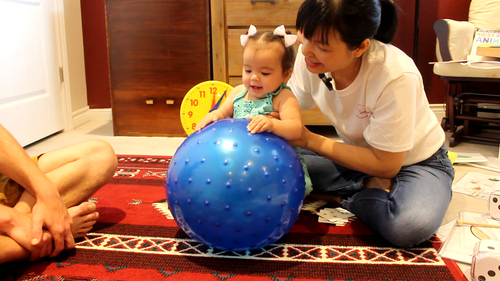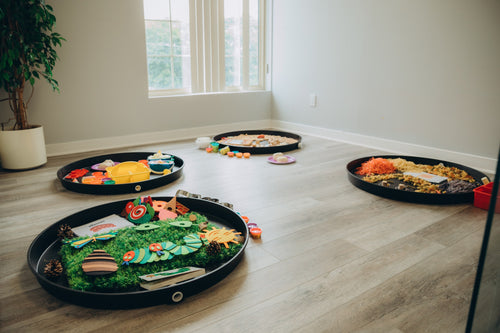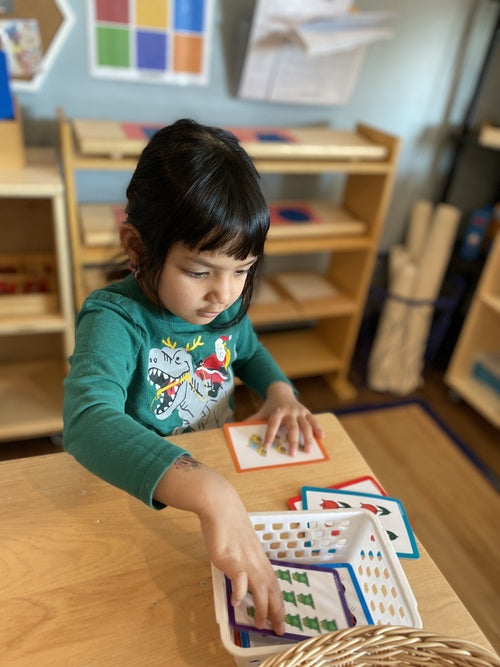How are you parents help building confidence in your kids?
Confidence is one of the most important life skills a child can develop. It empowers them to face challenges, speak up for themselves, and embrace opportunities for growth. However, many kids struggle with shyness and self-doubt, which can hold them back. As parents and caregivers, we play a vital role in helping children overcome these obstacles and build a strong sense of self. Here are six effective strategies to help build self-esteem in kids and learn to advocate for themselves.

1. Remove the Fear of Failure to build high self-esteem in kids
Building self-esteem in kids has a lot to do with how they view failure. Fear of failure can paralyze kids and prevent them from trying new things. Teach your children that failure is not something to be afraid of—it’s a stepping stone to success.
What you can do:
Encourage a growth mindset by showing them that mistakes are opportunities to learn.
For example, when your child hesitates to try something new, say, "It’s okay to make mistakes. That’s how we learn and improve. Give it a try, and I’ll be here to support you."
2. Building Confidence in Kids by Embracing Mistakes as Part of Growth
Normalize making mistakes and help kids understand that effort matters more than perfection. In fact, how you react to their mistakes will shape their confidence in handling setbacks. As a result, their habit in building confidence is being reinforced day by day.
What you can say:
- "What did you learn from today’s mistake? “What went wrong and what we should avoid?”
- You figured 7/10 questions correct, did you notice which questions you did not do well so we can review together? This exam showed you what topics to review for future exams, right?
By focusing on the lessons learned, you remove shame from the experience and help them develop resilience.
3. Acknowledge Their Journey and Effort, Not Just the End Result
Praising your child’s effort, rather than the outcome, fosters confidence and perseverance. It teaches kids that hard work and dedication are what truly matter.
Example: Instead of saying, "You’re so smart!" after a good grade, say, "You worked really hard to prepare for that test, and it paid off. I’m so proud of your effort!"
"I can see you tried so hard—that’s what matters most. I believe you’ll do even better next time!"
This approach encourages them to keep trying, even when results aren’t perfect.
Tip: Also read our blog on how to tackle shyness on children.
4. Build Confidence by Empowering Them to Make Decisions
Giving kids opportunities to make decisions, no matter how small, builds their confidence and autonomy. It helps them feel capable and respected. Don’s laugh at their choice, we want to take them seriously so they gain confidence in themselves.
Ideas for empowering choices:
- Ask, "What should we eat this weekend?"
- Say, "Where would you like to go for our family outing?"
- Involve them in planning quality time: "What do you want to do during our time together?"
These small decisions give them a sense of control and ownership. (Article: 14 Strategies to build Confidence in Kids)
5. Let Them Be Leaders
Allowing kids to take the lead in activities boosts their confidence and shows them that their voice matters. Whether it’s a fun outing or a family project, let your child guide the way.
How to let them lead:
- Ask them to lead the way to the cinema, zoo, or park.
- Assign them leadership roles in household tasks like organizing a "cleaning house project."
- Resist the urge to take over: don’t judge or interfere unless they ask for help.
By giving them responsibility, you show trust in their abilities, which strengthens their confidence.
6. Have Mature Conversations to Foster Self-Advocacy
Children need to know that their thoughts, feelings, and opinions matter. Creating a safe space for open, mature conversations allows kids to express themselves and develop self-advocacy skills.
What to do:
- Ask for their feedback on family decisions.
- Encourage them to share their feelings: "How do you feel about what happened today?"
- Validate their opinions, even if they differ from yours: "I respect your view. Let’s talk about it more."
These conversations build trust, emotional intelligence, and the ability to stand up for themselves.
Final Thoughts
Building confidence in kids is a gradual process that requires patience, understanding, and encouragement. By removing the fear of failure, embracing mistakes, empowering their choices, and giving them leadership opportunities, you create an environment where kids feel safe to grow. Remember, your support and trust are the foundation of their self-confidence.
Start today by celebrating their efforts, having open conversations, and letting them lead the way—you’ll be amazed at the confident, self-advocating individuals they become.








